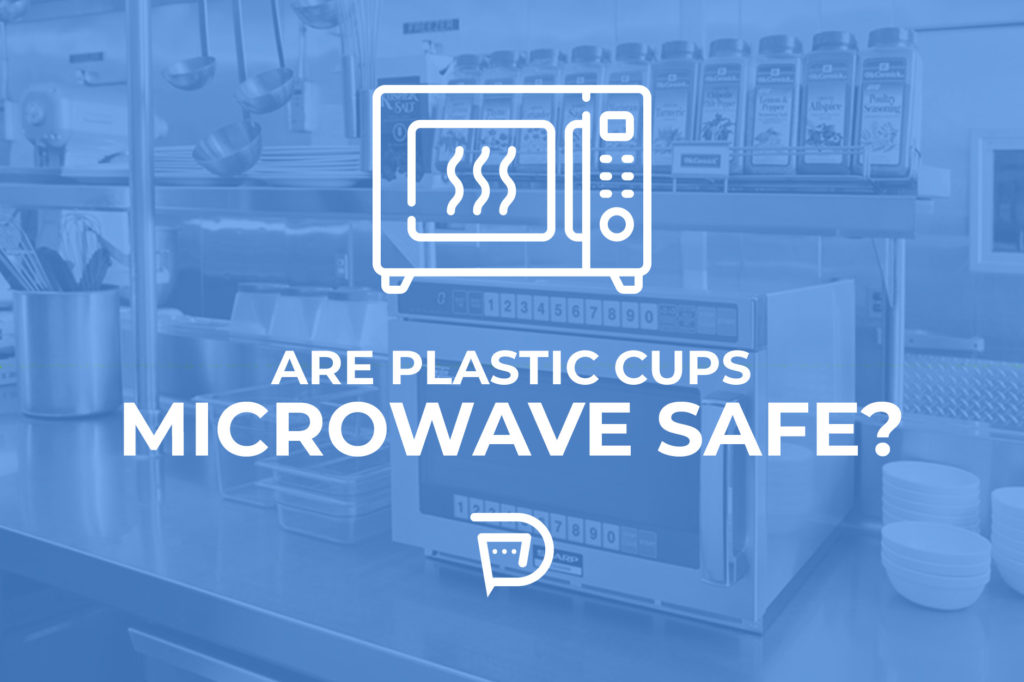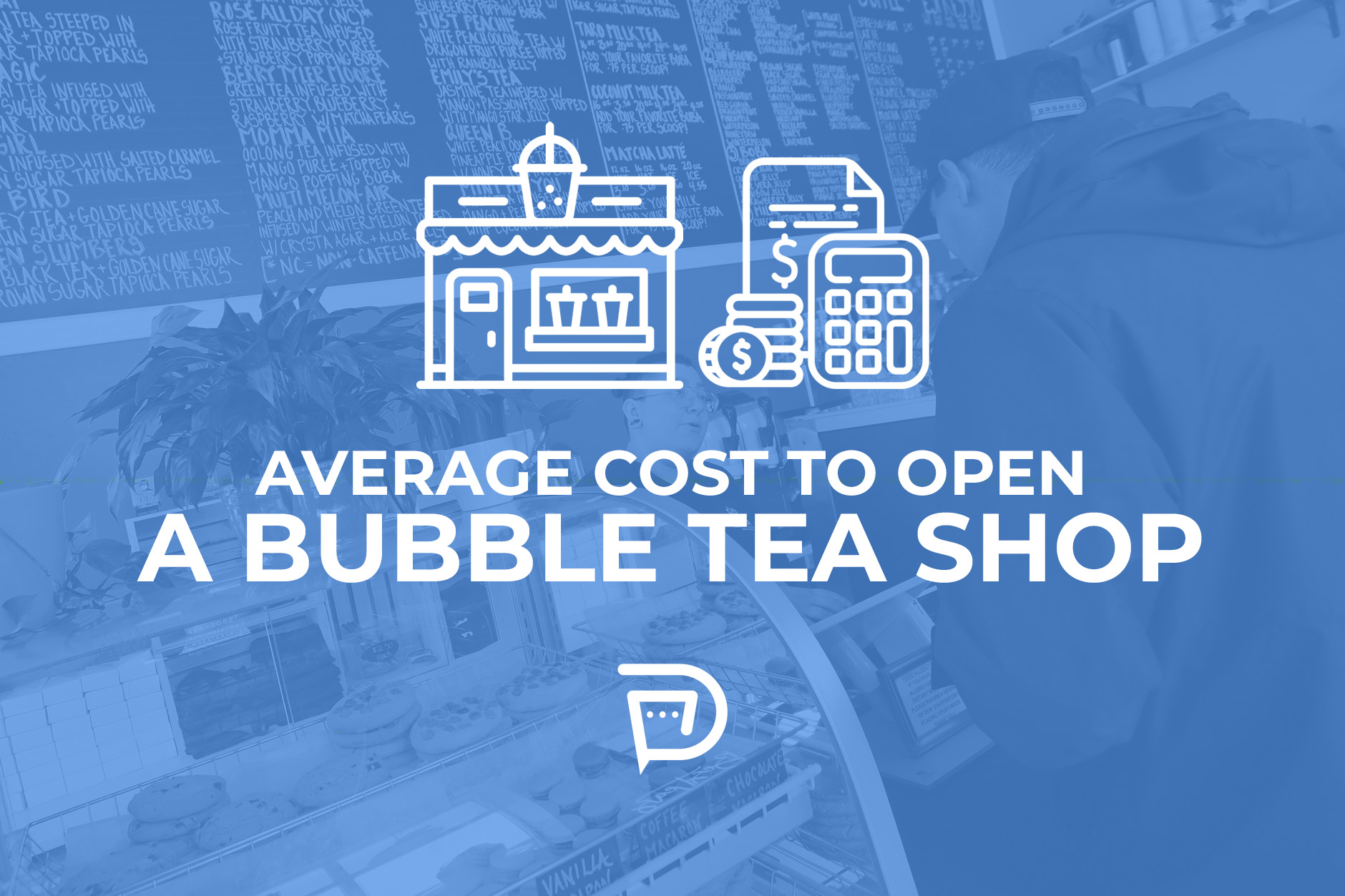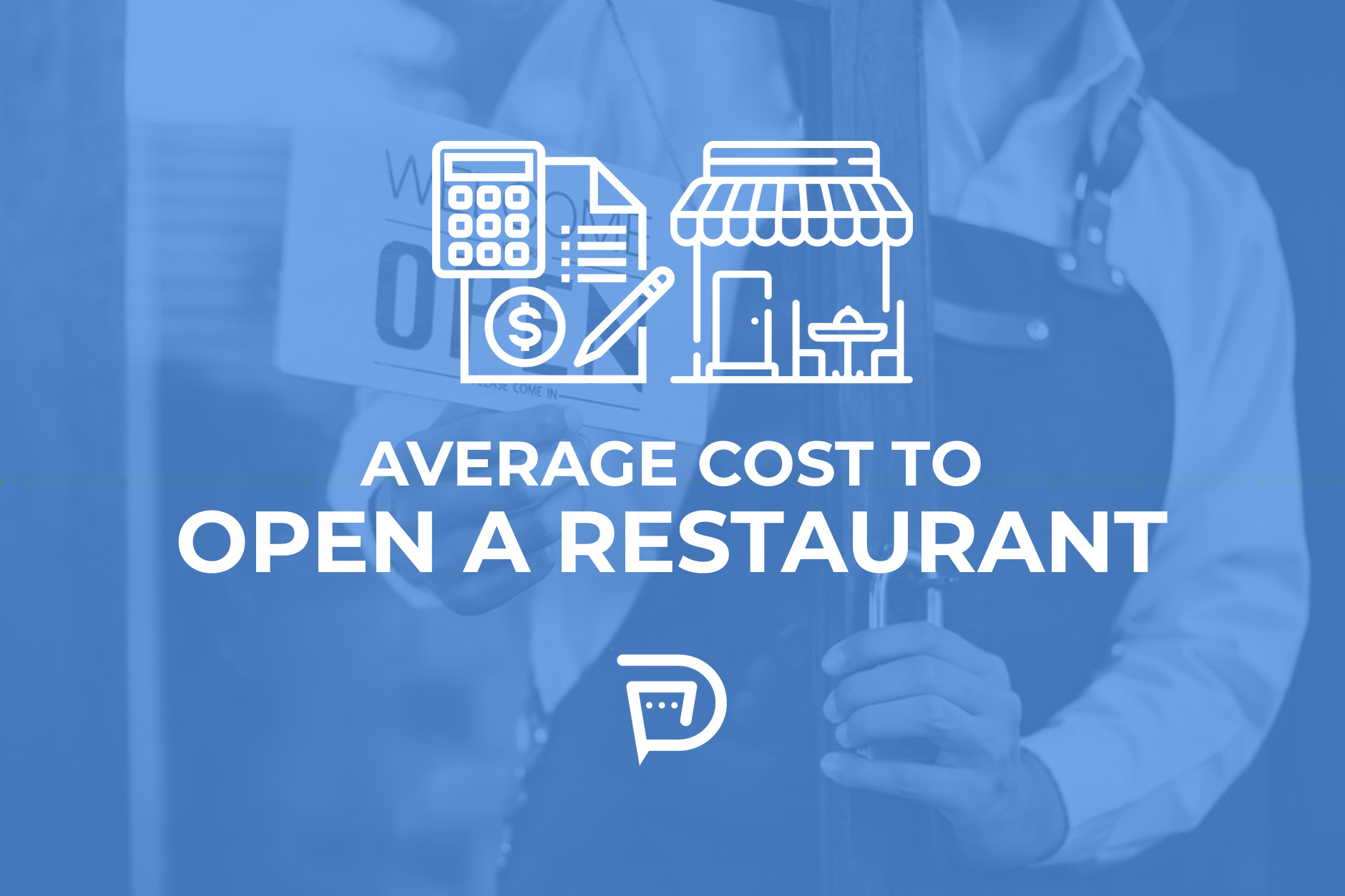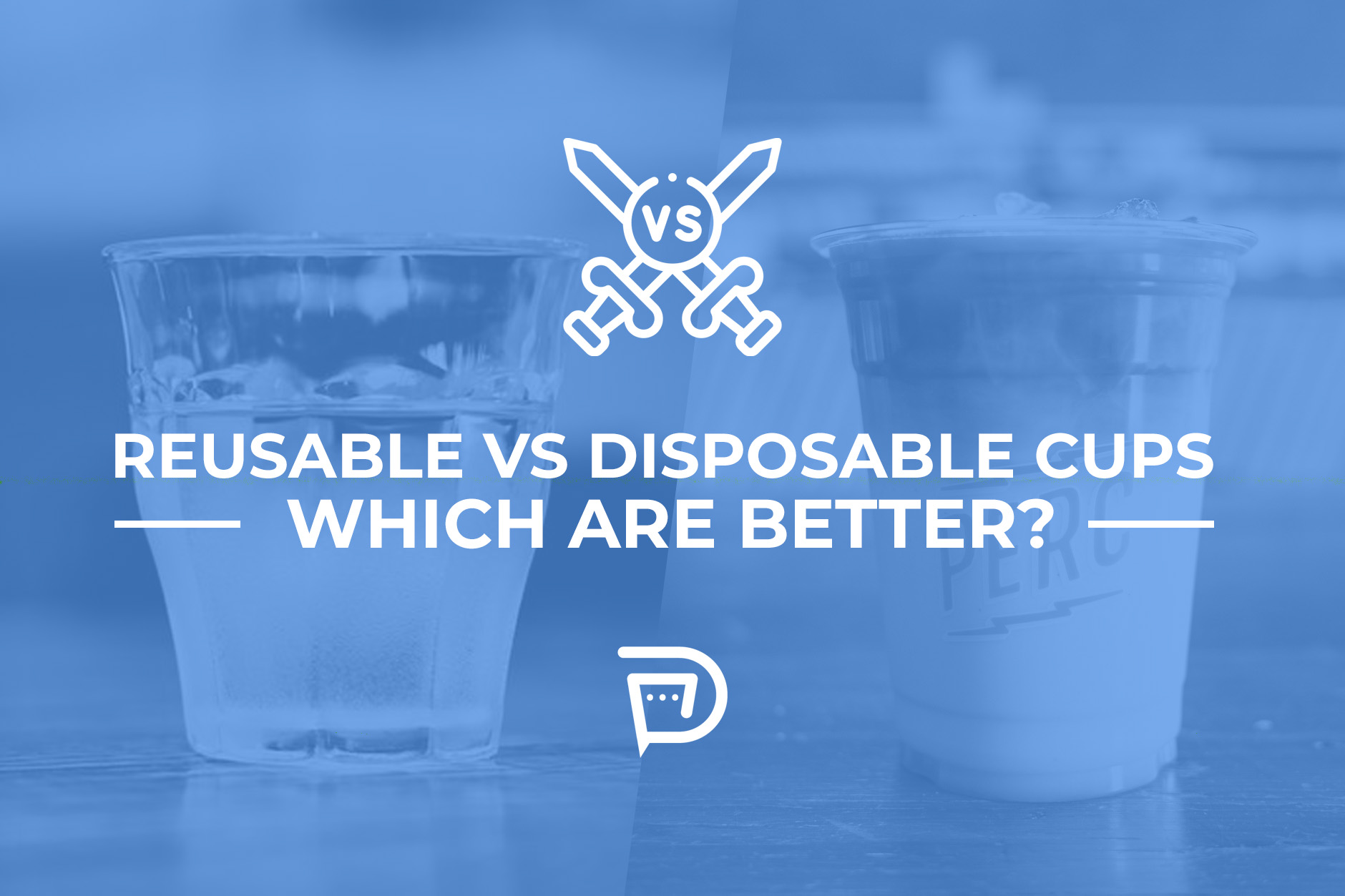One of the cool things about science is that our understanding of the world around us is constantly evolving. This is true for everything from plants and animals to the products that we use. Plastic is a great example of something we have learned more about in recent years. As scientists learn more about its properties, we have discovered that while plastic is a great material, we have to be careful with how we use it.
This is particularly true when it comes to heating plastic up in the microwave. Unless a plastic cup is specifically labeled as microwave-safe, putting it in the microwave could release harmful additives. Disposable plastic cups should be thrown out or recycled after a single use. If it is a type of plastic that can be reused – such as for a plastic stadium up – it should not be heated in the microwave.
Based in Michigan, Disposable Design works with small to medium-sized companies across the United States to help them get the custom promotional products that they need at a great price. If you need custom plastic cups, custom paper cups, or another disposable product, we will work with you to make your design look fabulous. Reach out today to talk to a member of our branding team.
Types of Plastic
Plastic is a synthetic material that is often made from oil and natural gas. It can also be made from renewable materials, like wood pulp or cotton linters.
On the bottom of most plastic products is a recycling triangle with a number inside. This is the resin identification code, which tells you what type of plastic it is. This number ranges from 1 to 7.
The types of plastic include:
- Polyethylene terephthalate (PET or PETE): A thin plastic that is used for things like soda drink bottles, food jars (such as for peanut butter), and containers for cooking oil.
- High-density polyethylene (HDPE): A thicker plastic, it is used for containers of detergent, milk jugs, and tubs of protein powder.
- Polyvinyl chloride (PVC): This plastic can be thick and rigid, such as for plumbing pipes, or thinner and more flexible for applications like synthetic leather, shower curtains, and medical tubing.
- Low-density polyethylene (LDPE): This thin plastic may be used for plastic bags, squeeze bottles, and some types of food packaging.
- Polypropylene (PP): A thicker plastic that may be used for yogurt containers, food storage containers, baby bottles, and shaker bottles
- Polystyrene or Styrofoam (PS): This lightweight plastic may be made into packing peanuts and disposable items like takeout containers, plates, and cups.
- Other: This category includes any plastic that doesn’t fall into one of the above categories, such as fiberglass, polycarbonate, nylon, acrylic, polylactide, styrene, and acrylonitrile butadiene.
Many of these plastics contain additives like stabilizers, reinforcements, and colorants. These components are added during the manufacturing process to achieve the desired finished product.
Can You Microwave Plastic Cups?
Plastic cups are often made from polystyrene, polypropylene, polyethylene terephthalate, polylactic acid, high-density polyethylene, and styrene acrylonitrile. The ability to microwave a plastic cup – or any type of plastic – is based on the type of plastic and what additives it may have.
The main concern with microwaving a plastic cup is the possibility that as the plastic heats up, additives are released. This can mean that potentially harmful chemicals get into your food or drink – and you can ingest them.
Currently, the major concern when it comes to plastic additives are bisphenol A (BPA) and phthalates. Both of these chemicals are commonly used to make plastic more flexible and durable. However, more recent research suggests that consuming these chemicals can disrupt your body’s hormones and cause health problems like diabetes, obesity, and reproductive issues.
Plastic Cups You Shouldn’t Microwave
BPA is often found in polycarbonate plastics (number 7). Polycarbonate plastic is often used to make food storage containers, baby bottles, and drinking glasses. The BPA in these items can leach into foods and beverages over time, as well as when the plastic is heated. Because of the danger of BPAs, many manufacturers now use BPA-free plastic like polypropylene for these items.
However, even BPA-free plastic could release additives like phthalates or other additives – particularly when microwaved or otherwise heated up. For this reason, it is usually a good idea to not microwave disposable plastic cups.
Microwave-Safe Plastic Cups
According to the Food and Drug Administration (FDA), you should only microwave plastic if it is specifically labeled microwave-safe. You should check the product packaging or the cups themselves to determine if they are microwave-safe. Plastic cups that are safe for microwave use tend to be reusable cups with a resin identification code of 2, 4, or 5.
The bottom line: while it may be possible to microwave some plastic cups, it isn’t advised to microwave a plastic cup without first checking for safety. Thinner disposable plastic cups like clear plastic cups should not be placed in the microwave. You can – and should – enjoy your beverages in these cups. But you should avoid heating them up, whether in the microwave or in any other way.
Up Your Marketing Game with Custom Promotional Products from Disposable Design
Disposable plastic cups may not be microwave-safe – but they have a lot of benefits. They are a perfect option for food service businesses, particularly those who are looking to increase take-out sales like food trucks and boba tea shops. Our plastic cups are convenient, low-cost, and high quality – and they help you market your business for pennies on the dollar.
Disposable Design sells a full range of premier promotional products for independently owned and operated restaurants, cafes, brew pubs, and food trucks. Whether you need custom stadium cups or custom clear plastic cups, we can help you get the products that you need at a fair price. All of our disposable products are sold in smaller quantities so that you don’t have to buy and store millions of cups at a time.
To learn more about our plastic cups or to speak to a member of our branding team, fill out our online contact form or hit the live chat button at the bottom of the screen.





